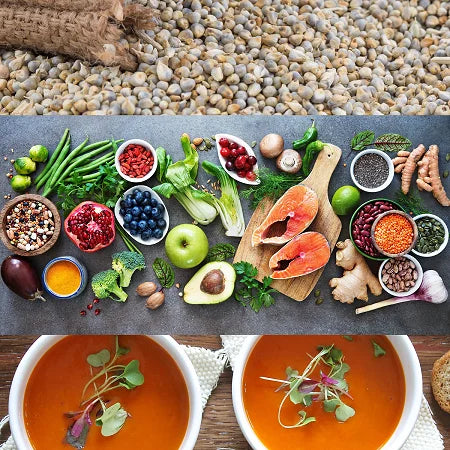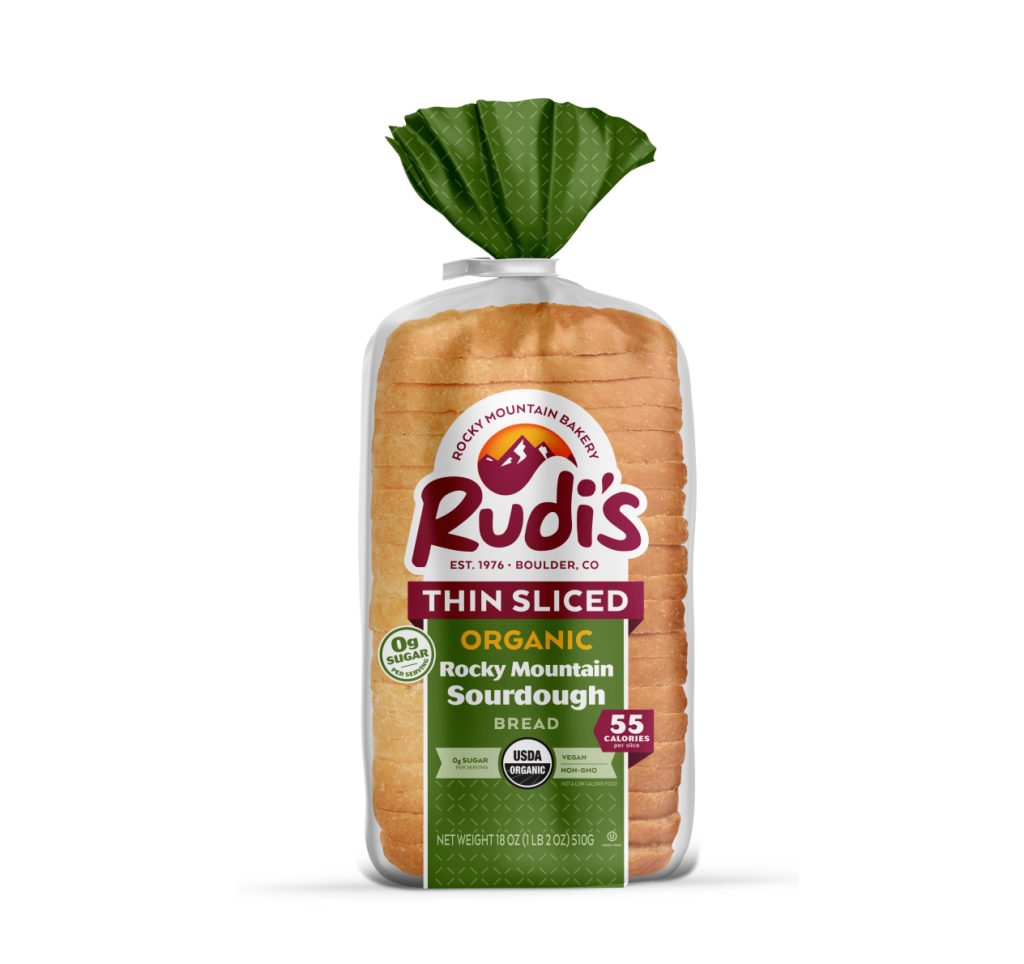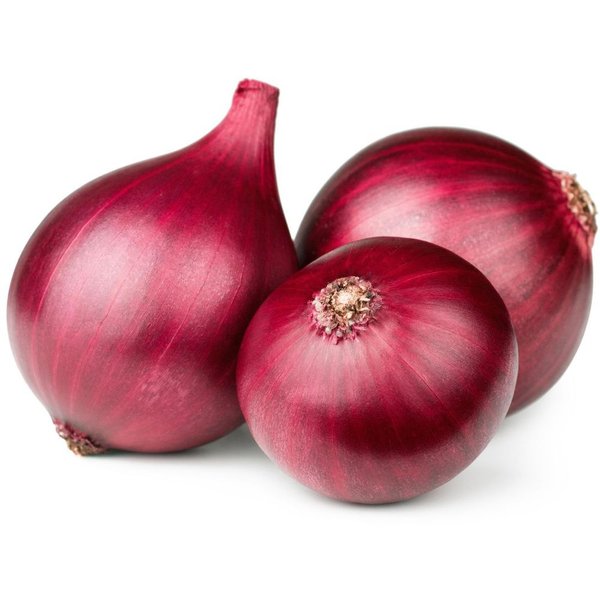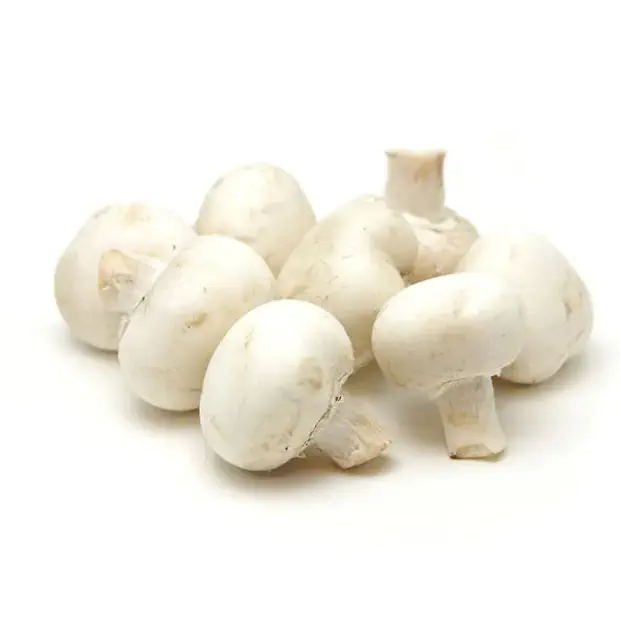Winter is here, and it’s time to adjust our diets. Cold weather changes our body’s needs and cravings.
During winter, our bodies need extra nourishment to stay warm and healthy. A balanced winter diet can boost immunity, keep energy levels up, and provide comfort. Seasonal foods like root vegetables, citrus fruits, and nuts are ideal. They provide essential nutrients like vitamins and minerals.
Eating these foods helps you stay healthy and avoid common winter illnesses. Warm soups, stews, and herbal teas also play a vital role. They not only keep you warm but also hydrate your body. By eating the right foods, you can enjoy a healthy and cozy winter season.
Introduction To Winter Diet
Winter is a magical season. Snowflakes dance in the air, and the world gets a cozy, white blanket. But winter also brings cold weather, which means we need to change our diet. A winter diet helps us stay warm and healthy. Let’s dive into the details of a winter diet and why it’s so important.
Importance Of Seasonal Eating
Seasonal eating means eating foods that are grown and harvested during the current season. In winter, we have many delicious and healthy options. But why should we care about seasonal eating?
- Fresher Food: Seasonal foods are fresher and taste better. They are picked at their peak and have more nutrients.
- Supports Local Farmers: Buying seasonal foods supports local farmers. This helps the economy and reduces the carbon footprint.
- Better for the Body: Our bodies need different nutrients in different seasons. In winter, we need foods that keep us warm and boost our immune system.
So, eating seasonal foods is not just good for us, but also for the planet and the economy. It’s a win-win situation!
Benefits Of A Winter Diet
A winter diet has many benefits. Here are some of the main ones:
- Keeps You Warm: Winter foods like soups and stews are warm and comforting. They help keep your body temperature stable.
- Boosts Immunity: Winter is flu season. Foods like citrus fruits, garlic, and ginger can boost your immune system and keep you healthy.
- Provides Energy: Winter can make you feel tired. Foods like nuts, seeds, and root vegetables give you the energy you need to stay active.
- Improves Mood: Winter blues are real. Foods rich in omega-3 fatty acids, like fish, can improve your mood and keep you happy.
In short, a winter diet is like a warm hug for your body. It keeps you healthy, happy, and full of energy. So, embrace the winter season with a delicious and nutritious diet.
| Winter Food | Benefit |
|---|---|
| Root Vegetables | Provides Energy |
| Citrus Fruits | Boosts Immunity |
| Fish | Improves Mood |
| Nuts and Seeds | Boosts Energy |
| Garlic and Ginger | Boosts Immunity |
So, what are you waiting for? Grab your shopping list and get ready to enjoy the wonderful benefits of a winter diet!

Credit: precisioneye2020.com
Immune-boosting Foods
The winter season brings cold weather and shorter days. It is also a time when our immune systems can become weaker. Eating immune-boosting foods helps keep our bodies strong and healthy during these months. Below are some essential foods to include in your winter diet.
Citrus Fruits
Citrus fruits like oranges, lemons, and grapefruits are rich in vitamin C. Vitamin C is vital for a strong immune system. These fruits are also filled with antioxidants, which help fight off illnesses. Include citrus fruits in your daily meals to stay healthy.
Leafy Greens
Leafy greens such as spinach, kale, and Swiss chard are packed with vitamins and minerals. These greens contain vitamins A, C, and E, which are crucial for immune function. They also have fiber, which aids digestion and overall health. Add leafy greens to soups, salads, or smoothies for a nutritious boost.
Root Vegetables
Winter is here, and it’s time to warm up with delicious, hearty foods. One of the best choices for winter meals is root vegetables. These underground treasures are not only tasty but also packed with nutrients. From carrots to beets, root vegetables offer a variety of flavors and health benefits that are perfect for the colder months.
Nutritional Benefits
Root vegetables are a powerhouse of nutrition. They are rich in vitamins, minerals, and fiber, making them an excellent addition to your winter diet. Here’s a quick rundown of what they offer:
- Vitamins: Many root vegetables, like sweet potatoes and carrots, are high in vitamin A, which is great for your eyes and immune system.
- Minerals: Potatoes are a good source of potassium, while beets are rich in iron and magnesium.
- Fiber: Root vegetables are loaded with dietary fiber, which helps keep your digestive system running smoothly.
Including root vegetables in your diet can boost your energy levels and keep you feeling full longer. Plus, they are low in calories, making them a smart choice for those watching their weight.
Popular Varieties
There are many types of root vegetables to choose from. Each one brings its own unique taste and texture to the table. Here are some popular varieties:
- Carrots: Sweet and crunchy, carrots are perfect for soups, stews, and salads. They are also great for snacking raw.
- Potatoes: Versatile and filling, potatoes can be mashed, baked, fried, or boiled. They are a staple in many winter dishes.
- Beets: With their deep red color, beets add a splash of color to any meal. They can be roasted, pickled, or used in salads.
- Sweet Potatoes: These are sweeter than regular potatoes and can be used in both savory and sweet recipes.
- Turnips: Slightly peppery, turnips are great roasted or mashed. They can also be used in soups and stews.
Each of these root vegetables has its own story and flavor. For example, my grandmother used to make a delicious beet salad every winter. She would roast the beets until they were tender, then toss them with olive oil and vinegar. It was a simple dish, but it always reminded me of home.
So, why not try incorporating more root vegetables into your winter meals? They are nutritious, versatile, and absolutely delicious. Plus, they are a great way to add some variety to your diet during the colder months.
Nuts And Seeds
During winter, our bodies crave warmth and energy. Nuts and seeds are perfect for this season. They provide essential nutrients and are easy to add to meals. Let’s explore the benefits and ways to incorporate them into your winter diet.
Essential Nutrients
Nuts and seeds are packed with essential nutrients. They contain healthy fats, proteins, and vitamins. These nutrients help keep you warm and energetic. They also support your immune system.
Almonds, walnuts, and chia seeds are excellent choices. They are rich in omega-3 fatty acids. These fats help reduce inflammation and keep your heart healthy. Seeds like pumpkin and sunflower are high in zinc. Zinc is important for a strong immune system.
Vitamin E in nuts protects your skin from the cold. Magnesium helps reduce stress and improve sleep. Both are important for winter wellness. So, adding nuts and seeds to your diet can help you stay healthy and energetic.
Ways To Incorporate
Incorporating nuts and seeds into your diet is easy. Start your day with a handful of mixed nuts. This can be a quick and nutritious snack. You can also add them to your breakfast. Sprinkle chia seeds or flaxseeds on your oatmeal. This adds texture and extra nutrients.
Use nuts and seeds in your salads. They add a satisfying crunch. You can also mix them into yogurt or smoothies. They blend well and enhance the flavor. Baking with nuts and seeds is another option. Add them to bread, muffins, or cookies. This makes your treats healthier and more filling.
For a savory twist, use them in your main dishes. Add chopped nuts to stir-fries or sprinkle seeds on roasted vegetables. This boosts the nutrient content of your meals. You can even make nut butters. Spread almond or peanut butter on toast for a delicious snack.
Experiment with different nuts and seeds to find your favorites. They are versatile and can easily fit into any meal. Enjoy the benefits they offer and stay healthy this winter.
Fermented Foods
Ah, winter! The season of hot cocoa, cozy blankets, and, you guessed it, fermented foods. Fermented foods might not be the first thing that comes to mind when you think of winter, but they play a huge role in keeping us healthy during the colder months. These foods are not only delicious but also packed with probiotics that can boost our immune system.
Gut Health
Have you ever heard the saying, “Happy gut, happy life”? It’s true! Your gut health is incredibly important, especially in winter when colds and flu are rampant. Fermented foods are rich in probiotics, which are good bacteria that help your digestive system. They fight off the bad bacteria and keep your gut in tip-top shape.
Imagine your gut as a bustling city. Probiotics are like the friendly neighbors who help you out and make your life easier. When you have enough of them, everything runs smoothly. But if the bad bacteria take over, it’s like having a bunch of troublemakers causing chaos. Fermented foods help maintain a healthy balance, so your “city” runs smoothly.
Common Fermented Foods
Now that we know how important fermented foods are for our gut health, let’s talk about some common ones you can easily add to your winter diet.
- Yogurt: A breakfast staple that is easy to find and enjoy. Add some fruit and honey for a tasty treat.
- Kefir: This is like yogurt’s tangy cousin. It’s a fermented milk drink that you can sip on its own or add to smoothies.
- Kimchi: A spicy Korean side dish made from fermented vegetables, usually cabbage. It’s great for adding a kick to your meals.
- Sauerkraut: This is fermented cabbage, often found in German cuisine. It’s perfect for adding to sandwiches or as a side dish.
- Miso: A Japanese paste made from fermented soybeans. It’s commonly used in soups and adds a rich, savory flavor.
Incorporating these foods into your diet doesn’t have to be complicated. You can start small by adding a spoonful of sauerkraut to your lunch or having a glass of kefir with breakfast. Your gut will thank you!
So, next time you’re grocery shopping, don’t forget to pick up some fermented foods. They are easy to find, delicious, and your gut will be happier for it. Stay healthy and enjoy the winter season with a happy gut!
Herbs And Spices
Winter brings a shift in our diet, and herbs and spices play a key role. They not only enhance flavors but also offer health benefits. Using the right herbs and spices can make your winter diet both tasty and nutritious.
Anti-inflammatory Properties
Many herbs and spices have anti-inflammatory properties. Turmeric, for example, contains curcumin, which reduces inflammation. Ginger is another powerful anti-inflammatory agent. It helps to soothe sore throats and reduce muscle pain. Adding these to your meals can help combat winter-related ailments.
Top Winter Spices
Cinnamon is a popular winter spice. It adds warmth to dishes and helps regulate blood sugar levels. Nutmeg brings a sweet, nutty flavor and is great for digestion. Cloves are another excellent choice. They have antimicrobial properties and add depth to both sweet and savory dishes.
Cardamom is another winter favorite. It aids in digestion and adds a unique flavor. Black pepper is also essential. It enhances the taste and boosts metabolism. These spices can make your winter meals more enjoyable and healthy.
Healthy Winter Beverages
Winter is here, and with it comes the need to stay warm and healthy. One of the best ways to do this is by enjoying some delicious and nutritious beverages. While the cold weather may have you reaching for hot chocolate or coffee, there are plenty of other options that can warm you up and boost your health. In this blog post, we’ll explore some healthy winter beverages that are perfect for keeping you cozy and well-nourished during the chilly months.
Herbal Teas
Herbal teas are a fantastic way to stay warm and healthy during winter. They come in many flavors and can provide numerous health benefits. For instance, ginger tea is great for digestion and can help keep colds at bay. Chamomile tea, on the other hand, is perfect for relaxing after a long day and can even help you sleep better.
Here are some popular herbal teas you might want to try:
- Ginger Tea: Known for its spicy kick and digestive benefits.
- Chamomile Tea: A soothing tea that can aid in relaxation and sleep.
- Peppermint Tea: Refreshing and good for soothing an upset stomach.
- Rooibos Tea: Packed with antioxidants, it’s a great caffeine-free option.
Brewing a cup of herbal tea is easy. Just steep the herbs in hot water for a few minutes, and you’re good to go. Add a bit of honey or lemon for extra flavor and health benefits. Personally, I love starting my day with a warm cup of ginger tea. It wakes me up and makes me feel ready to take on the day.
Warm Broths
There’s nothing like a steaming bowl of broth to warm you up on a cold winter day. Warm broths are not only comforting but also incredibly nutritious. They are rich in vitamins, minerals, and can even boost your immune system. Chicken broth, for example, is a classic choice that can help soothe a sore throat and provide essential nutrients.
Consider these options for a hearty and healthy winter beverage:
- Chicken Broth: A classic that is rich in protein and easy to digest.
- Bone Broth: Packed with collagen and minerals, it’s great for joint health.
- Vegetable Broth: A vegetarian option that is full of vitamins and minerals.
Making broth at home is simpler than you might think. Just simmer bones or vegetables in water with some herbs and spices for several hours. Strain the liquid, and you have a nutritious drink ready to sip. One of my favorite winter memories is sitting by the fire with a mug of homemade chicken broth, feeling the warmth spread from the inside out.
So, next time you need a warm drink to ward off the winter chill, consider reaching for an herbal tea or a warm broth. Not only will they keep you cozy, but they’ll also provide numerous health benefits that can help you stay strong and healthy all winter long.

Credit: continentalhospitals.com
Tips For A Balanced Winter Diet
During winter, the body needs more energy to stay warm. A balanced diet can help you stay healthy. It supports your immune system and keeps you active. Here are some tips to keep your diet balanced this winter.
Meal Planning
Plan your meals to include a variety of nutrients. Focus on whole foods like vegetables, fruits, and lean proteins. Root vegetables like carrots and sweet potatoes are great choices. They are rich in vitamins and minerals.
Include warm meals like soups and stews. They are comforting and nutritious. Use whole grains such as brown rice or quinoa. These grains provide energy and keep you full longer.
Don’t forget healthy fats. Nuts, seeds, and avocados are good sources. They help keep your skin healthy during the dry winter months.
Hydration
Staying hydrated in winter is crucial. Cold weather can make you feel less thirsty. Drink water regularly, even if you don’t feel thirsty. Warm beverages like herbal teas can also help.
Include water-rich foods in your diet. Oranges, cucumbers, and leafy greens are good options. They help maintain hydration levels.
Avoid excessive caffeine and alcohol. They can dehydrate your body. Choose hydrating options like warm lemon water or decaf teas.

Credit: www.farmdidi.com
Frequently Asked Questions
What Is The Best Food To Eat In Winter?
Soups and stews are the best food to eat in winter. They are warm, nutritious, and comforting. Root vegetables, lean meats, and legumes make great ingredients. Enjoy seasonal fruits like oranges for a vitamin C boost. Hot drinks like herbal teas also help keep you warm.
What Was The Viking Winter Diet?
The Viking winter diet included preserved meats, fish, root vegetables, nuts, and dairy products. They stored food to survive harsh winters.
What Foods Are Good For Weight Loss In Winter?
Root vegetables like carrots and sweet potatoes are great for weight loss in winter. Enjoy leafy greens like kale and spinach. Include lean proteins such as chicken and fish. Try warming soups made with broth and vegetables. Opt for whole grains like quinoa and oats.
How To Diet During Winter?
Eat seasonal vegetables and fruits. Choose whole grains and lean proteins. Drink plenty of water. Stay active indoors. Avoid sugary snacks.
Conclusion
A winter diet can keep you healthy and warm. Focus on nourishing foods. Include soups, stews, and root vegetables. Drink warm teas and broths. Stay hydrated and eat fresh fruits. Balance your meals with proteins and whole grains. Enjoy the season with hearty, comforting dishes.
Make smart choices and listen to your body. Embrace the colder months with a strong, healthy diet. Stay active and maintain your wellness.





